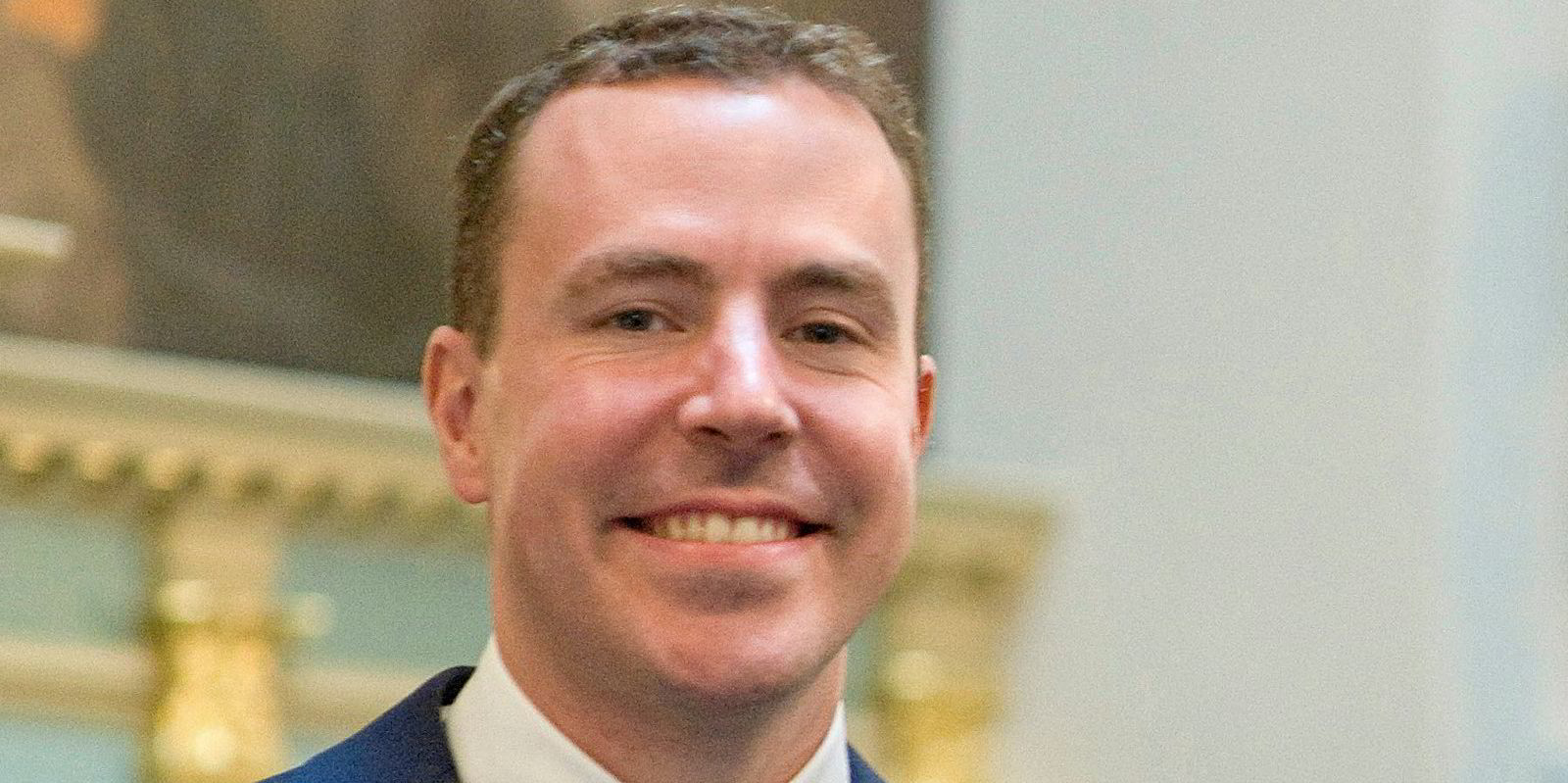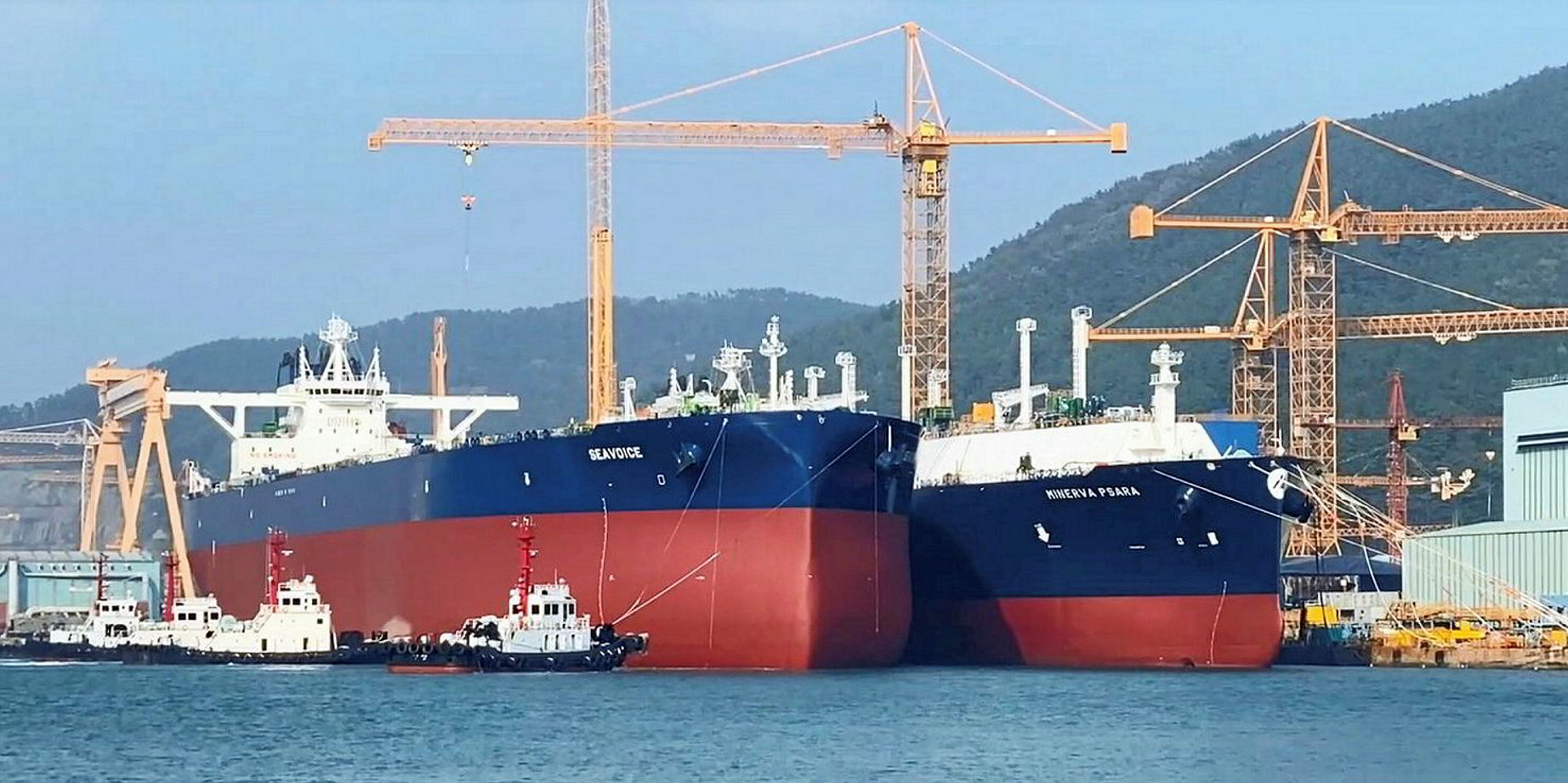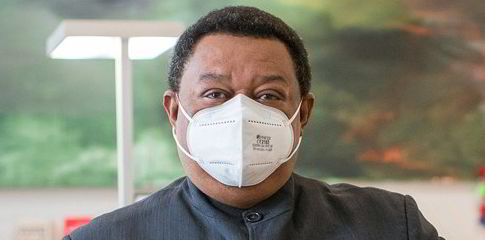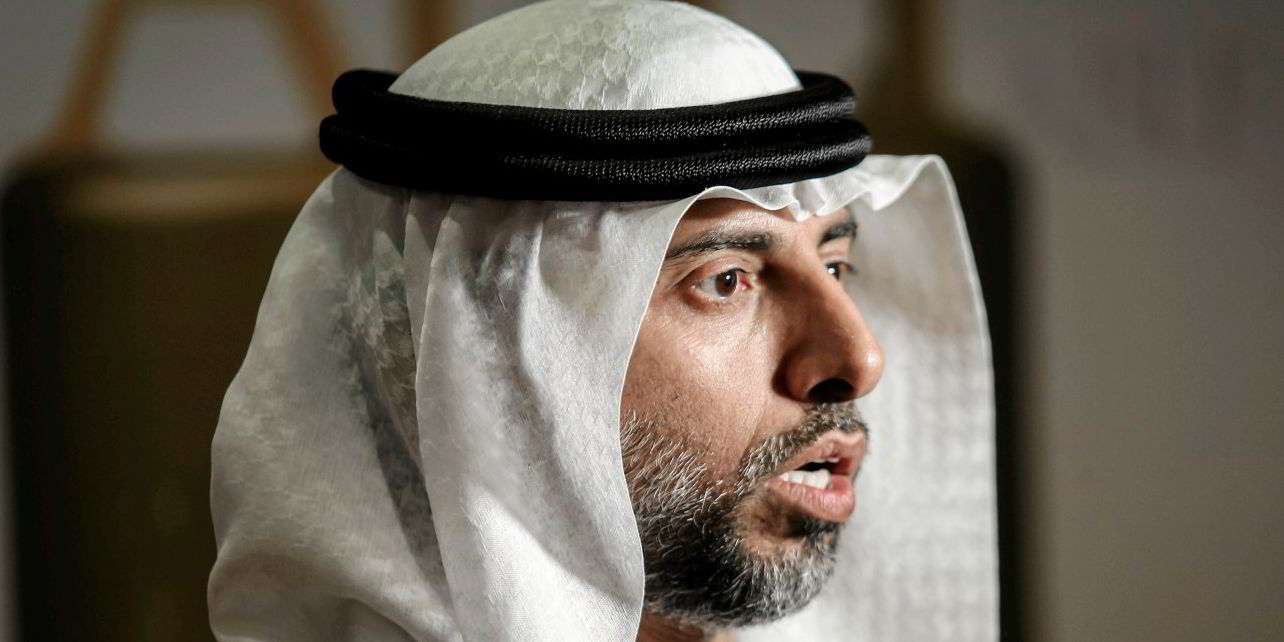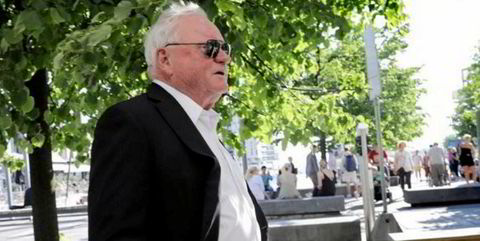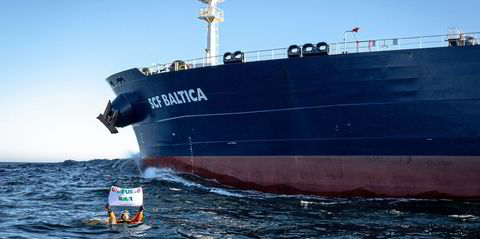While tanker markets remain sluggish after Opec+ failed to agree a crude production hike, some analysts expect an eventual rate recovery driven by rising oil demand.
Opec and its Russia-led allies could not form a consensus over their output plan in their monthly negotiations in July, leading to weeks of uncertainty ahead for oil and tanker players.
“The Opec+ stalemate means that until a compromise can be reached, production quotas will remain at July’s levels,” the International Energy Agency (IEA) said in its latest monthly report.
“In that case, oil markets will tighten significantly as demand rebounds from last year’s Covid-induced plunge.”
With oil destocking constraining vessel demand, the Baltic Exchange estimated average spot aframax earnings at -$1,097 per day and suezmax at -$4,238 per day on Tuesday.
Spot time-charter equivalent earnings for VLCCs on the benchmark TD3C Middle East Gulf-China route were assessed at -$5,061 per day.
According to the median estimate of two shipbrokers, an owner and a research analyst surveyed by Bloomberg, the number of VLCCs available in the Middle East would exceed expected cargoes by 32% for the 30 days from 9 July.
But the IEA also estimates that Opec+ can increase crude output by 1.4m barrels per day (bpd) this month based on the current quotas. Saudi Arabia alone could hike production by 580,000 bpd.
Clarksons Platou Securities analysts Frode Morkedal and Omar Nokta noted that even though the tanker markets have yet to reflect rising output, the production offline could require almost 10% of global tanker fleet.
“While tanker rates remain low now, we believe it is just a matter of time before markets are at much healthier levels,” they wrote in a research note.
Many market experts believe oil producers will raise output eventually if demand remains on the recovery track.
The IEA has forecast global oil demand to rise to 99.4m bpd in the fourth quarter from 94.7m bpd in the second, driven by strong growth in Europe, the US and Asia-Pacific.
“Whether Opec+ members have a ‘deal’ or not is of relative importance…There has never been any mechanism for enforcement of Opec+ quotas,” Banchero Costa research head Ralph Leszczynski said.
“As global oil demand recovers in the second half of this year thanks to vaccines and the end to lockdowns, Opec+ members will pump more oil, regardless of whether they agree to something or not.”
